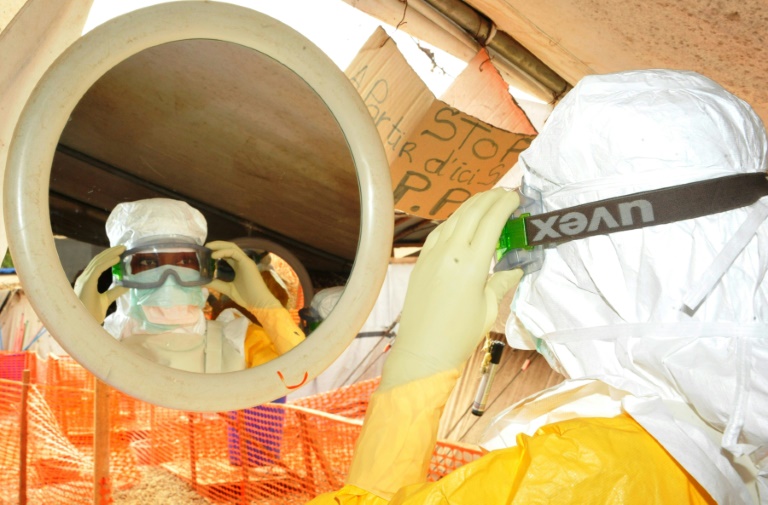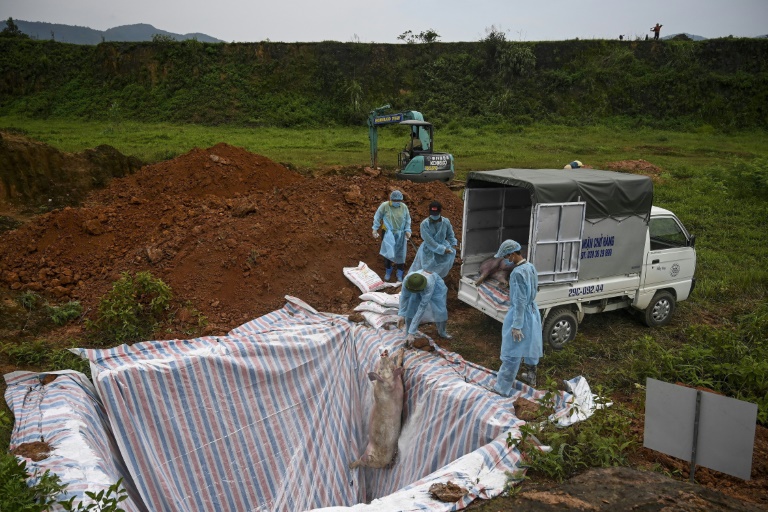Education in Egypt floundered and garbage collectors lost their source of earning due to measures adopted by the Egyptian government to combat the H1N1 virus (commonly known as swine flu), according to the UN Office for Coordination of Humanitarian Affairs (OCHA).
An OCHA analysis into the government’s handling of the crisis quotes Egyptian medical experts who criticized the government for sparking “unjustified panic” and “the squandering of billions of dollars badly needed by the country.”
Saeed Oun, former preventive medicine advisor for the Ministry of Health, said: “Egypt might have been the only country in the world that took an irrational approach towards the pandemic.”
The OCHA report says schools were the most affected, and the zibaleen (garbage collectors) the biggest losers, as a result of the government’s strategy. It describes intermittent closures of schools and the downsizing of class attendance by 50 percent, with some students attending school only three times a week.
Nadia Youssef, an educational expert at Cairo University, believes the state of confusion that accompanied the flu breakout severely damaged the whole educational process. Youssef said the problem was due to the fact that the virus manifested itself within the early months of the school year, leading to the closure of some schools and the cancellation of some parts of the syllabus.
The OCHA study refers to the first time the virus was discovered in Egypt, in April 2009 at a student hostel. The cabinet at that time took the decision to slaughter all pigs (350,000) throughout Egypt to avoid a breakout, despite the fact that the link between pigs and the virus was not verified.
Aside from the huge losses borne by pig breeders, the slaughter caused piles of garbage to accumulate in the streets, as rubbish until then had been consumed by pigs.
The sources of profit for swine breeders and garbage collectors are largely interdependent, according to the OCHA report. The zibaleen used to collect rubbish and organic waste and then sell it to breeders to feed their animals.
The OCHA report quotes the Association for the Protection of the Environment, a local NGO, as saying that the mass cull affected the subsistence of 70,000 swine breeders and their families in Cairo.
It cites Hamdy el-Sayyed, head of the Egyptian Medical Syndicate, who labelled the dangers of the accumulating garbage as a “national scandal.”
The analysis also notes that the Egyptian government spent LE30 million (US$5.4 million) in return for 1.9 million doses of vaccines, after it failed to secure the five million it was supposed to provide. The government also failed in its plan to vaccinate school students, as many parents refused to send their children to school on learning that the anti-flu vaccine causes deformations.
Translated from the Arabic Edition.




